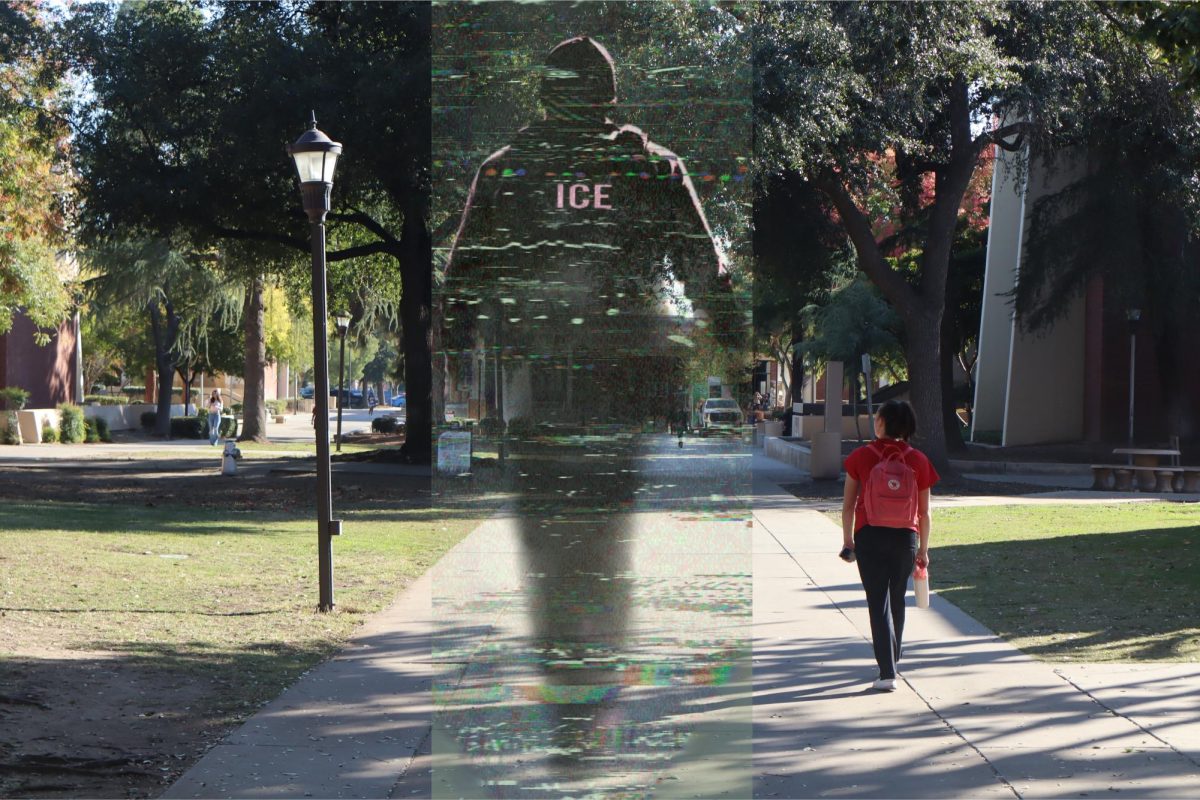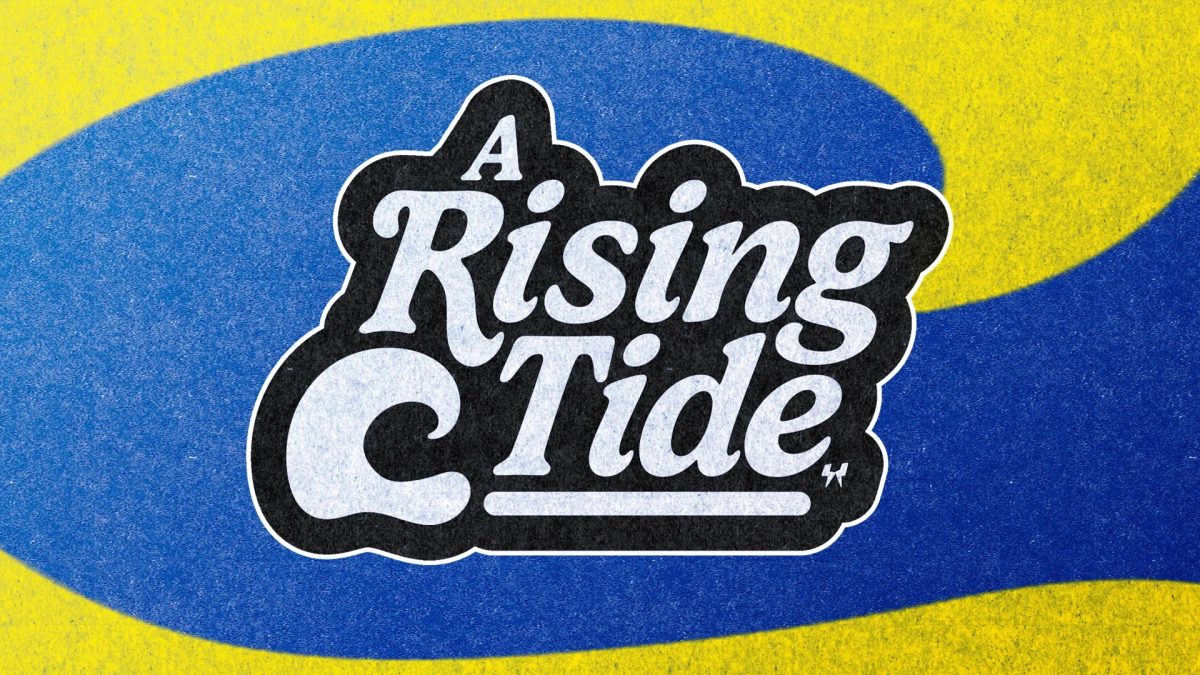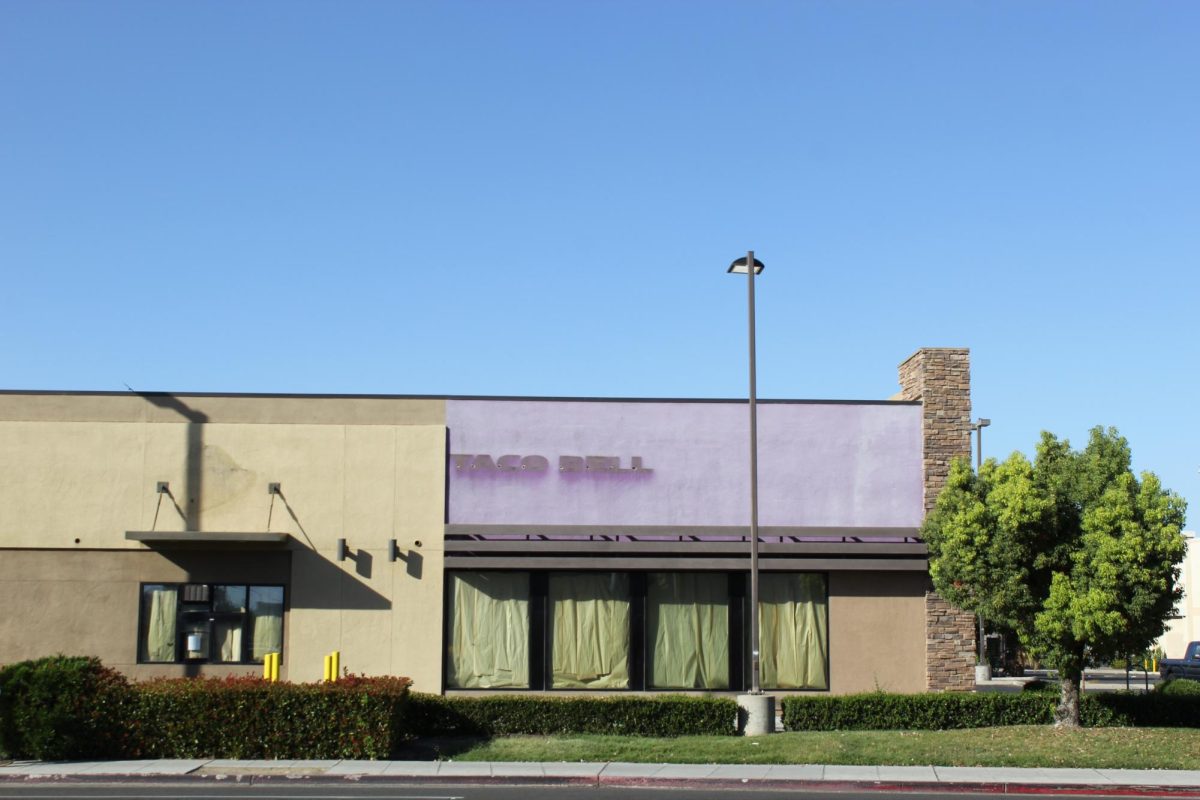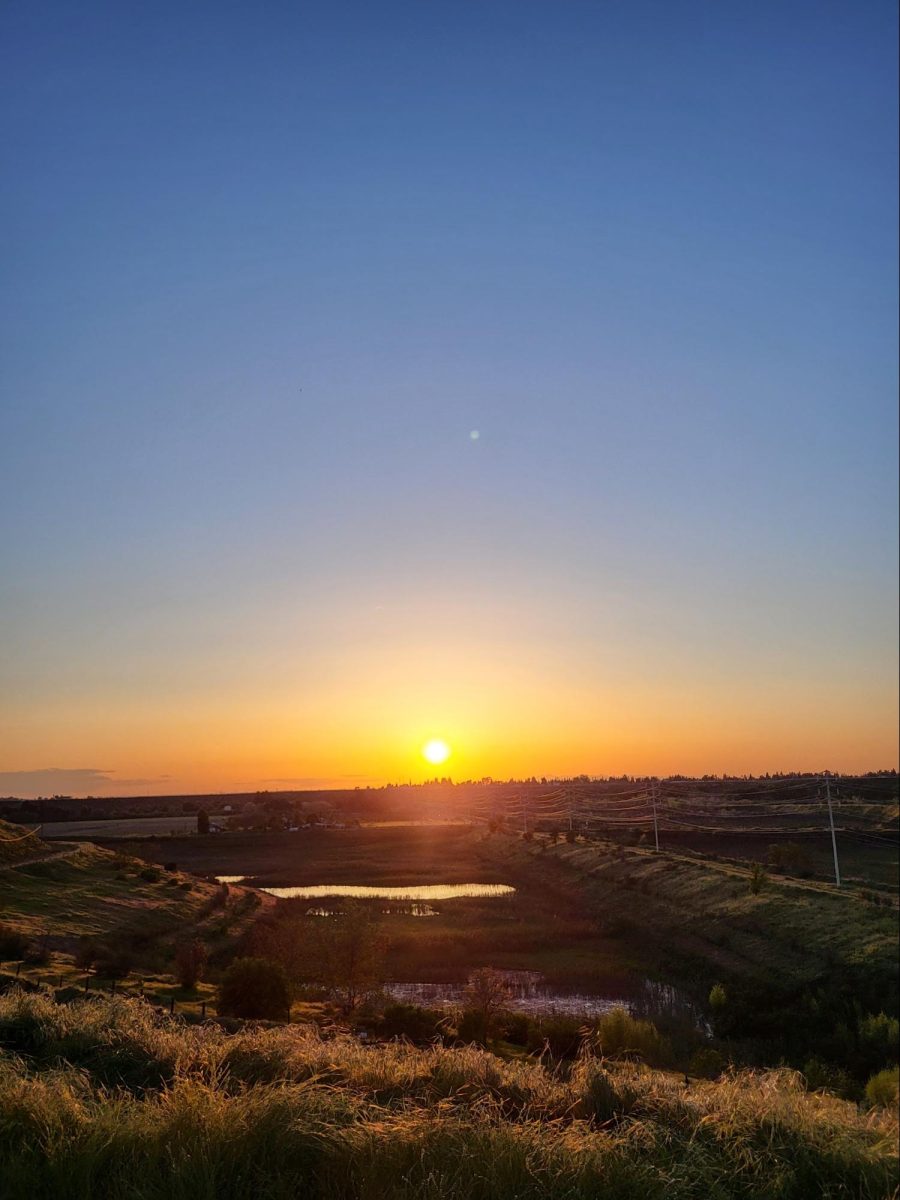Summer bridge programs are designed to help newly graduated high school students assimilate to college life and plan their academic future. These programs are all over the nation, and now they are also at Fresno City College.
Dean of Counseling Mark Sanchez, Ed.D said,“The summer bridge program is a learning community program for students structured in conjunction with the six week summer session which is designed to prepare students for the academic rigors of college coursework.” He continued, “Students take the courses together for one year, beginning in the summer, form a support network, get academic support, take field trips to university visits, and plan their educational goals and futures.”
In the summer of 2011, FCC began offering this program to graduating high school seniors to help guide their college path towards success.
Colleges all around the nation have found the benefit of having these programs for incoming students.
“This program is offered due to support from a Title V grant offered by the United States Department of Education,” Sanchez said. “The bridge program was implemented last summer and will continue this summer 2012.”
The academic requirements for qualifying for the program are eligibilities for ESL 67/68 or English 125/126, and Math 101/103.
Virginia professor Heather D. Wathington, Ph.D. wrote in a study on the impacts of summer bridge programs that, “Many community colleges have implemented innovative programs to provide an alternative to traditional developmental education by helping students to build competencies and persist in college.”
She continued,“Developmental Summer Bridge Programs have become increasingly popular interventions to strengthen student preparation, reduce the need for developmental education, and orient students to college.”
The program is not necessarily aimed at ‘high risk’ students, which is seen in the Math 101 eligibility requirement, it is more aimed at students that need a nudge in the right direction to be successful.
Sanchez said, “This program will be every summer for the next four summers and may continue depending on grant funding.”






